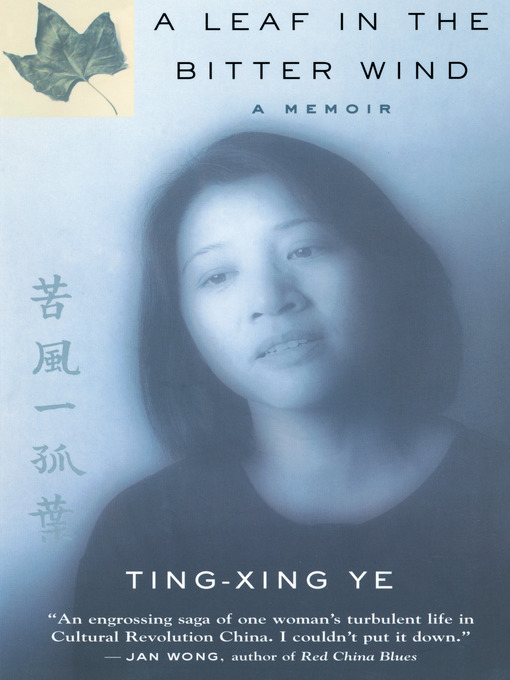- New eBook Additions
- Adult New Readers
- Shelf Care
- Have Book Will Travel
- Five Star Stories
- Local History
- Exercise & Fitness
- Book to Screen
- Vacation Interrupted
- Disability Visibility
- Standalone Graphic Novels
- Short Reads
- Historical Fiction
- See all
- New Audiobook Additions
- Listen to the Classics
- Full Cast Audiobooks
- Great Narrators
- Try Something Different
- 5-10 Hours Long
- Fears for Your Ears
- Perfect for Day Trips
- Find Your Chill
- See all
- Italian Magazines
- Learn the History of....
- Lets Eat!
- Life Magazine
- Magazines for Kids
- People Magazine
- Space: The Final Frontier
- Détendez-vous et lisez (Relax and Read)
- Deutschsprachige Zeitschriften
- See all

